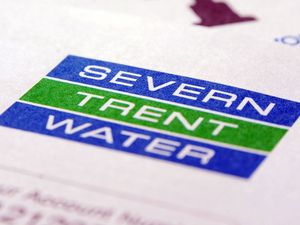High Speed 1 rail line upkeep ‘to cost companies £26 million a year’
The final bill for the next five years will be announced in January 2020.

Rail companies will have to pay £26 million per year to keep the High Speed 1 train line operational, more than quadruple the amount they were paying a decade ago, according to new draft figures.
Analysis from the Office of Rail and Road (ORR) shows that operators should expect to pay £26.1 million between them per year for the next five years to maintain the 67 miles of track linking London and the Channel Tunnel.
Earlier this year, proposals from HS1 Limited suggested companies, including Eurostar and Southeastern, would face a bill of £38.2m for the track’s annual upkeep, but the ORR has deemed this figure to be too high.
After HS1’s announcement in the summer, operators had warned that the higher figure would mean price increases for passengers.
Eurostar said that the original bill would make the line “unsustainable from the perspective of passenger affordability”.
In the five years to January 2020, companies that use the HS1 line had to pay £11.2 million per year towards its upkeep.
For the five years before 2015, the annual bill was £5.9 million.
John Larkinson, ORR chief executive said: “High Speed 1 is a valuable public asset and our role is to provide independent assurance that High Speed 1’s assets can be kept in good condition over the long-term at the lowest possible cost.
“This is important to make sure that operators, and in turn, passengers and freight users, get a good deal now, but not at the expense of future generations.”
An HS1 Ltd spokesperson said: “Continued investment in maintenance and renewals is required to ensure the future sustainability of High Speed 1 infrastructure.
“We welcome the publication of today’s draft determination from the Office of Road and Rail (ORR). We will now take this away, consider it fully and respond in due course.”
These draft figures will now be put to a public consultation until November 11.
The final bill for the next five years will be announced in January 2020.



